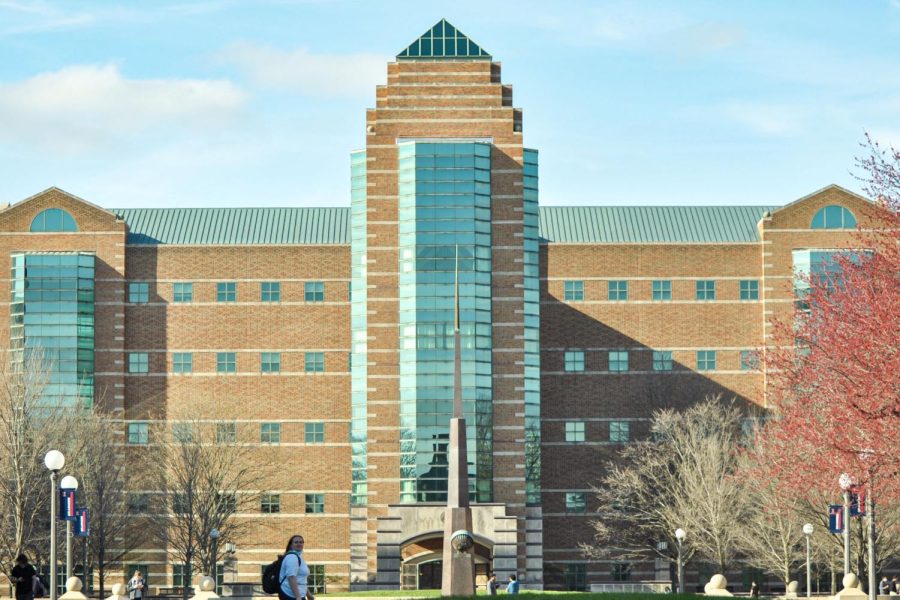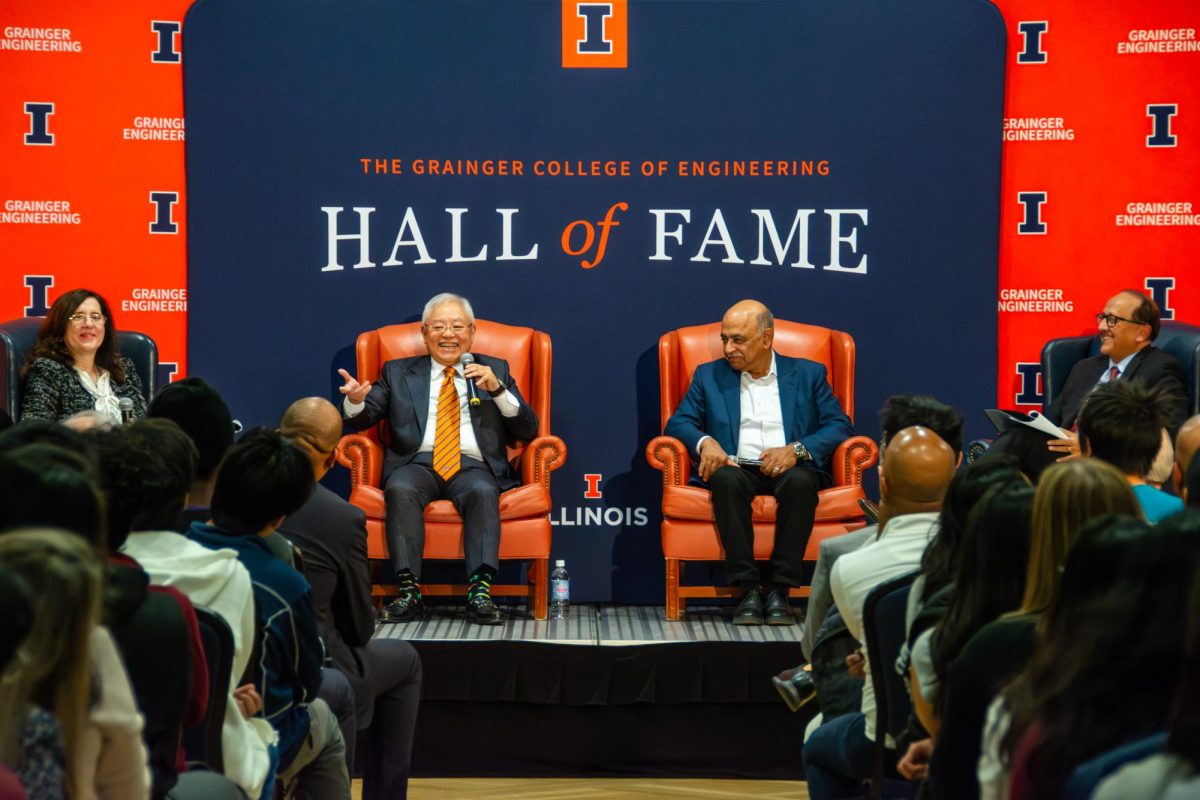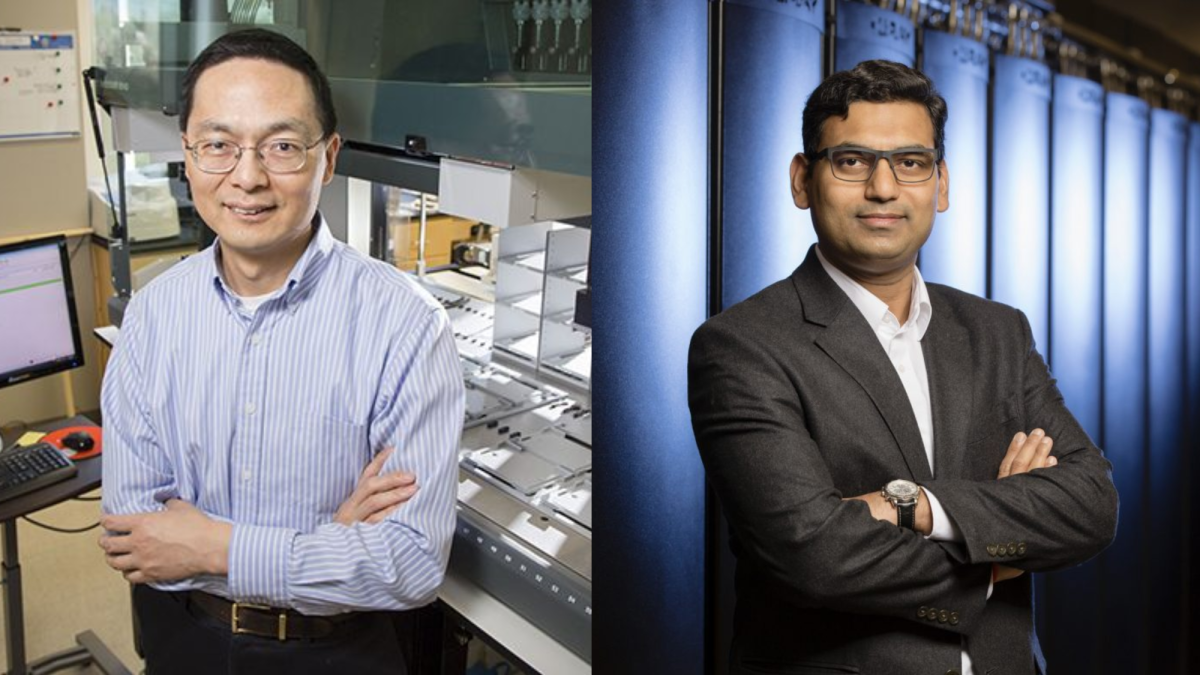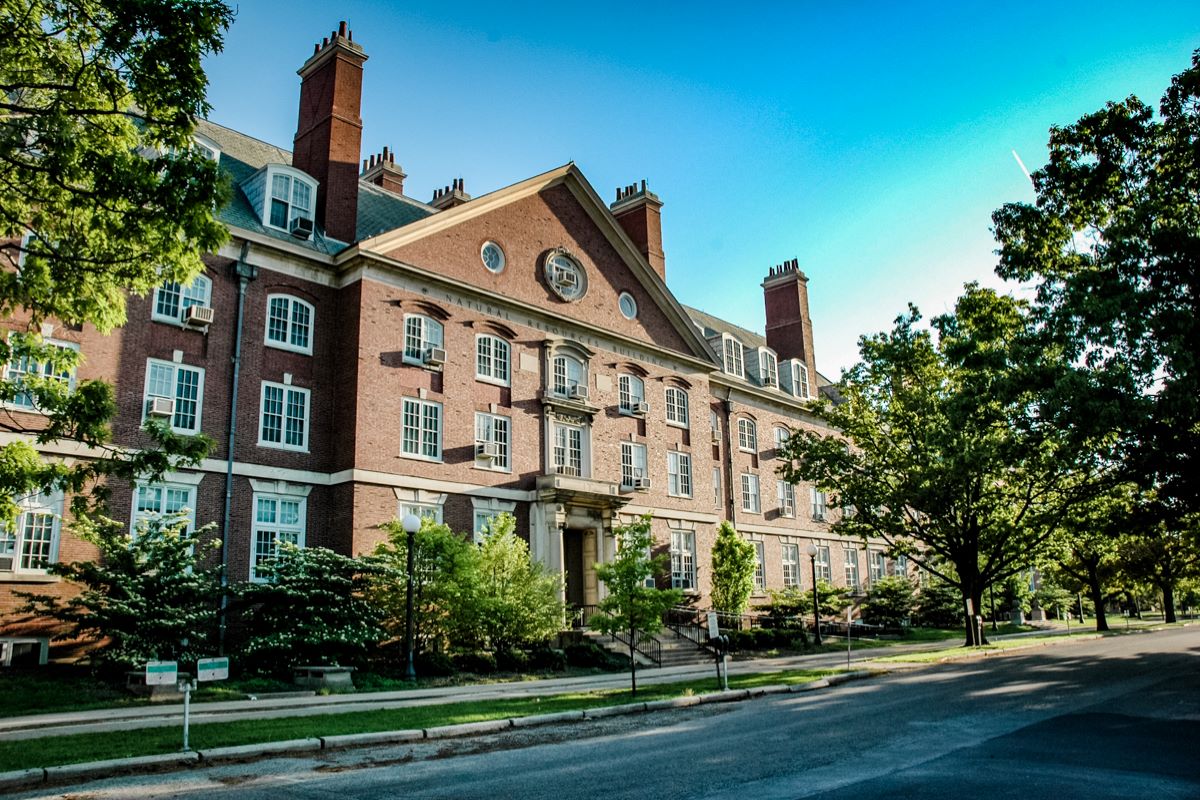Engineering professors at the University are creating a new kind of lab-grown cancer tumor that will make cancer research more accessible and affordable, revolutionizing the field.
Bioengineering professors William King and Rohit Bhargava, the latter also serving as the director of the Cancer Center at Illinois, are manufacturing cancer cells from biopsies of patients’ cancer cells. They intend to mass-produce these lab-grown tumors to increase confidence in the accuracy of research, make the process more reproducible and possibly identify new strains of cancer.
“What we are trying to do is manufacture many, many copies of a three-dimensional tumor at the same time,” Bhargava said. “This will standardize cancer research and make the supplies accessible at a lower cost.”
To grow these tumors, the researchers insert a sample of cells into a large plate with a matrix of wells. The researchers then document the growth of the tumors over time.
“Once we see the tumor, each of these wells then puts them in an incubator and images them as the tumor grows,” Bhargava said. “Once we have attained a certain condition where we understand the tumor has grown to a certain size, then we can share these lab-grown tumors with researchers who can actually conduct research on that.”
Get The Daily Illini in your inbox!
However, there are problems with this process. As the tumor is still a prototype, the manufacturing process still poses some problems for the team.
“The biggest challenge right now is that it is a manual process,” Bhargava said. “So we are setting up the infrastructure for making (the tumors). But I think of it as just a prototype, and what we are doing now in the lab is putting together the equipment to turn that one-at-a-time prototype into a production facility.”
This research will have significant impacts on therapy and treatment. More specifically, through the mass production of these tumor models, there will be a greater potential to identify new forms of cancer-fighting therapy and treatment through research.
“The chance of discovering principal therapeutics would go up significantly,” Bhargava said. “If we can make many copies of that cancer (tumor), we can test certain drugs that will precisely suit that particular patient. That way, we can personalize therapy for the patient.”
Dr. Mark Cohen, Dean of the Carle Illinois College of Medicine, expressed a similar sentiment regarding the potential this research has for cancer therapy and treatment.
“Through tissue engineering and other research groups here on the campus, having these tumor manufacturing models can be very helpful as we start to think about how we can test some of these new therapies and new treatments in these cancer environments,” Cohen said. “It gives us a lot of important data that can inform how efficacious these new treatments are and whether they’re going to have more potential to move into the clinic.”
The research will speed up the long-term process of developing new forms of therapy and treatment. This would make getting new treatment to clinics and hospitals faster and allow them to be implemented in clinical trials.
“If we can model those tumors outside of a patient, then we can see how treatments would work on that patient more effectively and be able to tell if they’re a good candidate for a particular trial or a particular drug,” Cohen said.
The research is funded by the Advanced Research Projects Agency for Health. More information on ARPA-H can be found on its website.






